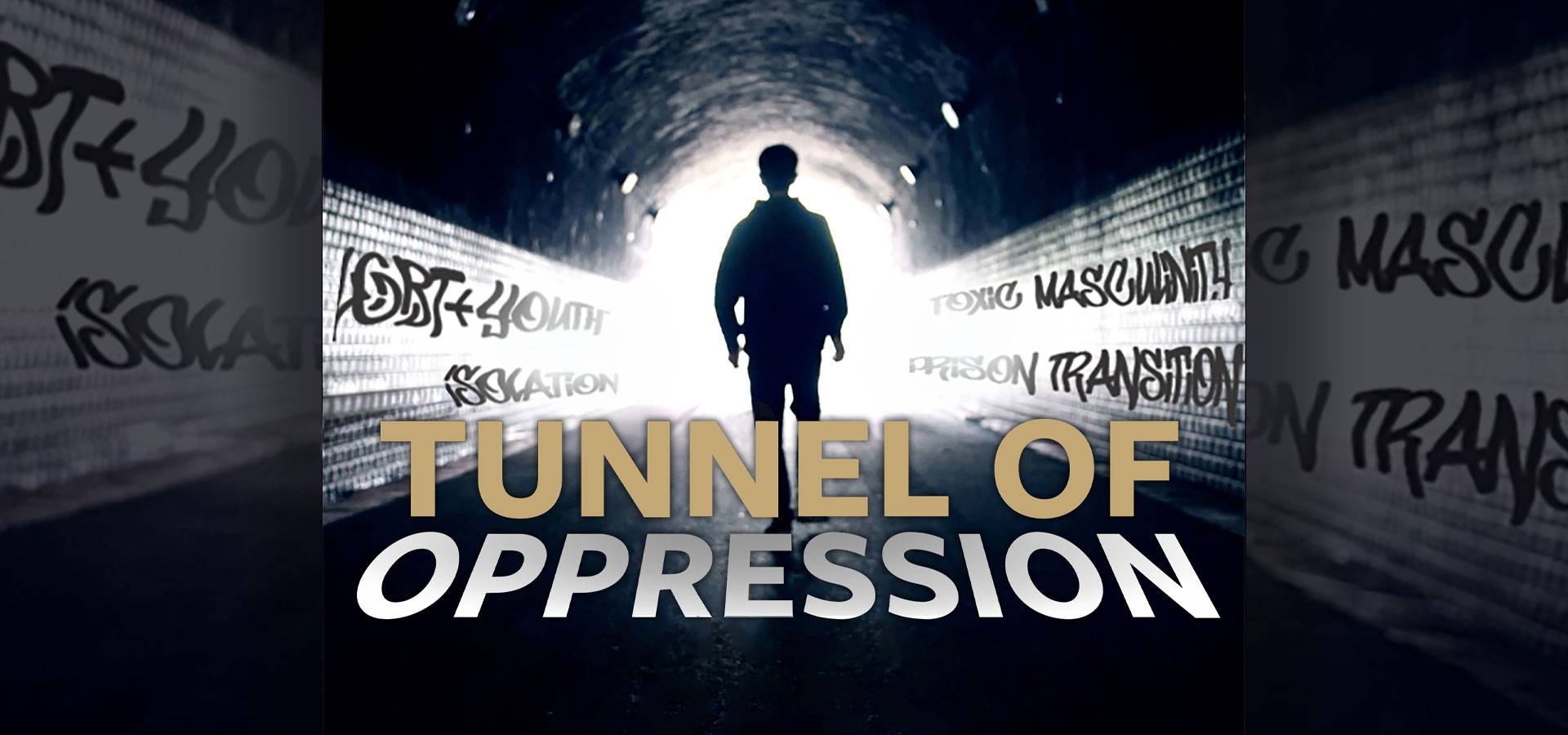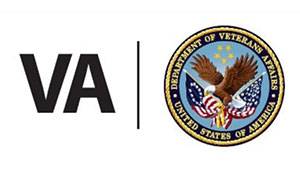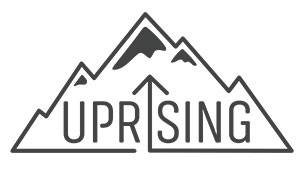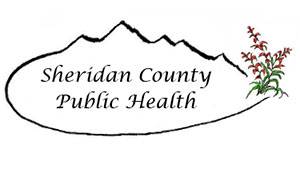
The Tunnel of Oppression at Sheridan College
The Tunnel is an eye-opening, conscious-raising experience: a brief introduction for those who have rarely experienced oppression or an acknowledgment to those who have. The Tunnel of Oppression is a multi-sensory exhibition of some of the most difficult and complex issues we face today. The Tunnel experience will demonstrate the concepts of privilege, power and the reality of violence and covert and open acts of oppression as our community experiences them. Participants experience a series of scenes that aim to educate and challenge them to think more deeply about issues of oppression.
Exhibits include:
- Immigration Experience through the Youth – TRIO walks participants through different stages of migration, from reasons to immigrate, to becoming a U.S. Citizen. This highlights the struggles, successes, and challenges for those wanting to share in the American Dream. We invite you to delve deeper into what some immigrants go through to better their lives.
- Victim Blaming – The Advocacy & Resource Center chose to focus on victim blaming for our Tunnel of Oppression exhibit to shine a light on how victims of domestic violence and sexual violence are treated by systems rooted in oppression when they need help most. Victims are often re-victimized and further traumatized leading many to remain silent. All victims deserve to be heard with respect and care.
- Book Bans – Sheridan College Kooi Library exhibit demonstrates how books are an endangered species. Enter the room to experience the consequences of reading suppression.
- Human Trafficking – Uprising chose their exhibit on how human trafficking is a nefarious crime that lives hidden in plain sight all around us. Most people have a picture in their minds of what they think trafficking is, however, it is often a lot simpler and closer to home than most realize. Uprising’s display will step you into the world of human trafficking to learn how people are exploited for sex or labor every day, right here in Wyoming.
- Privilege and Health Care – Sheridan County Public Health exhibit makes you consider how privilege (or lack of privilege), choice (or the impact of choices you make in life), and success (or how success defines us whether realistic or unrealistic) contribute to how we can live our lives in the healthiest way.
- Foster Care Experience – The Sheridan Foster Parent Exchange exhibit walks you through what children experience when they enter the foster care system. This exhibit shows the deplorable conditions children are taken from, the trauma children face being removed from the home, and how most children start this experience by packing what they own in a trash bag. We end this experience by showing you how Sheridan Foster Parent Exchange advocates for children entering foster care by providing a crisis kit with a week’s worth of clothing, a stuffed toy to cling to, a quilt all their own, and much more. This showcases the trauma most children begin their journey of foster care with and shows ways we can advocate for these children to provide more healing in an inevitably traumatic experience.
- Sexual Assault – Veterans Administration exhibit lets us know sexual assault is closer than you think. 1 in 4 women and 1 in 10 men will experience relationship violence directed from their partner at least once in their lifetime. Why does this happen? What does it look like? Gain an understanding of how this experience manifests and touches every aspect of someone’s life.
- Moral Injury – Volunteers of America Northern Rockies exhibit shows how moral injury can be a natural, human response to events in life that go against one’s code of right and wrong; a sense of betrayal of one’s moral code. Moral injury may lie at the root of depression, anger, apathy, despair, guilt, shame, and isolation, leading to physical, emotional, mental, and spiritual suffering. Identifying moral injury is a key factor in unlocking pathways to greater resilience and can help prevent suicidal thoughts or behaviors.
History of Tunnel of Oppression
Tunnel of Oppression is an interactive experience. Participants walk through different scenes designed to display the many forms of oppression people are facing today. It started as a campus grassroots diversity program at Western Illinois University and can now be found at many colleges and universities around the nation. Inspiration from the Museum of Tolerance in Los Angeles and the Holocaust Museum in Washington D.C. was used as a template for the first Tunnel of Oppression.
Goals
- Provide an opportunity to express the lived realities and experiences of marginalized groups’ systemic oppression
- Educate on the systemic nature of oppression and its impact on dominant and non-dominant groups
- Create awareness about the intersections of oppression
- Understanding the importance of leaning into discomfort and creating an opportunity to acknowledge and provide a space where attendees can have authentic discussion about oppression
Location: Sheridan College Kooi Library,
Griffith Memorial Building
Dates & Times:
Reception
February 23, 5:00 p.m. – 7:00 p.m.
Event
February 20-23, 8:00 a.m. – 8:00 p.m.
February 24, 8:00 a.m. – 3:30 p.m.
February 25, 9:00 a.m. – 12:00 p.m.
February 26, 1:00 p.m. – 7:30 p.m
TRIGGER WARNING: This program contains information about sexual assault, violence and/or any other kind of trauma which may be triggering to survivors and/or individuals. Recommended for ages 14 and older.









